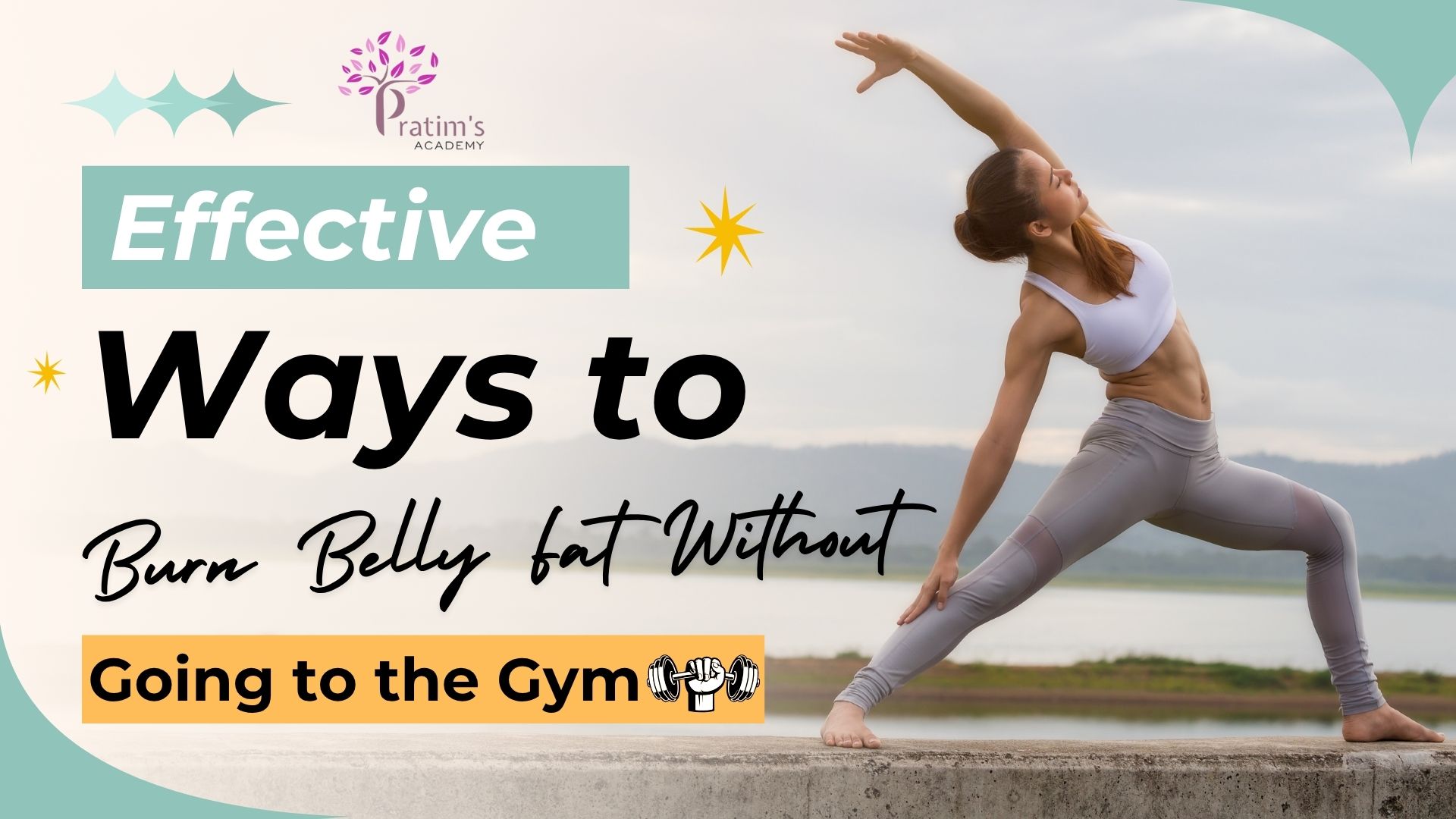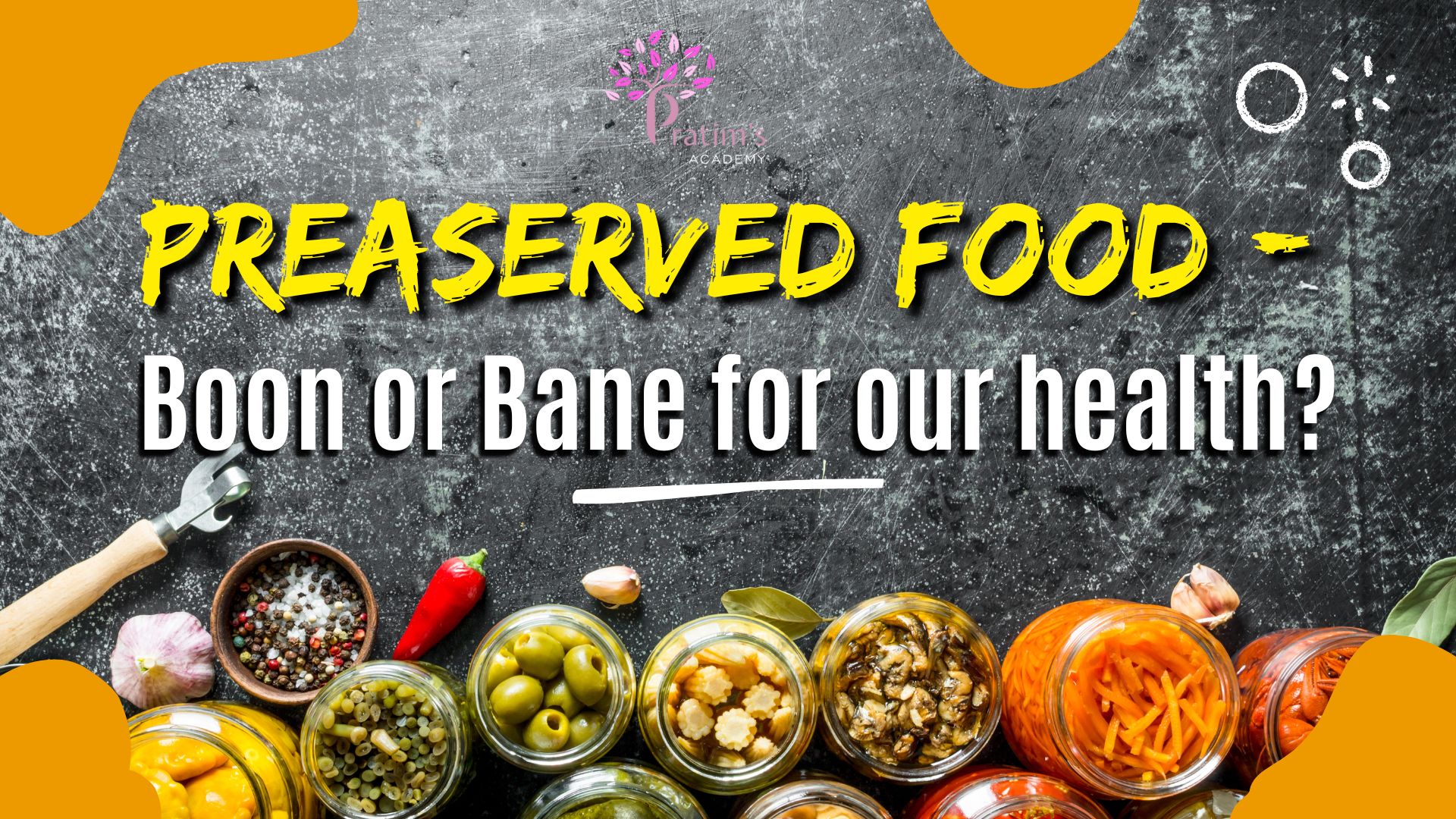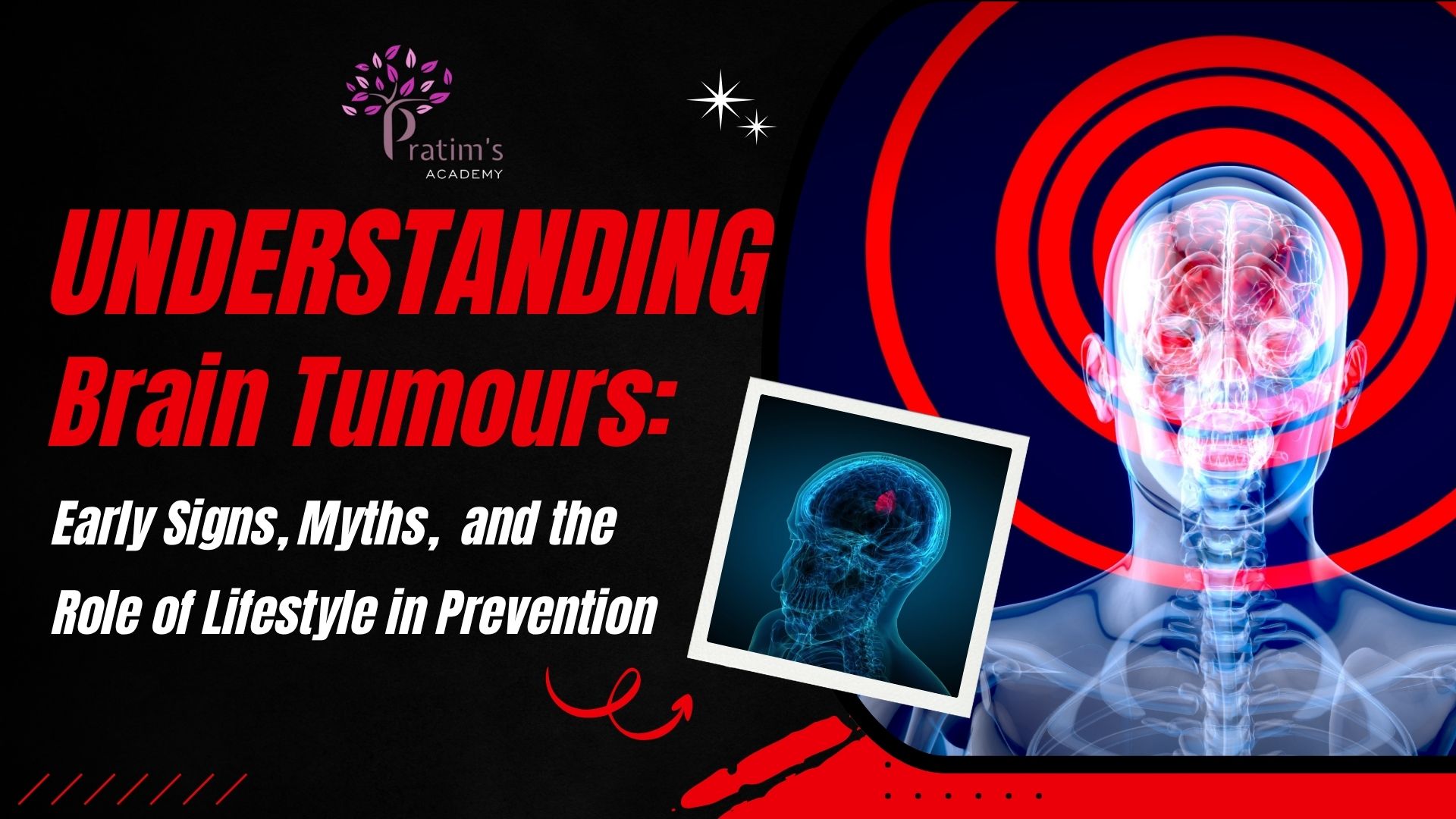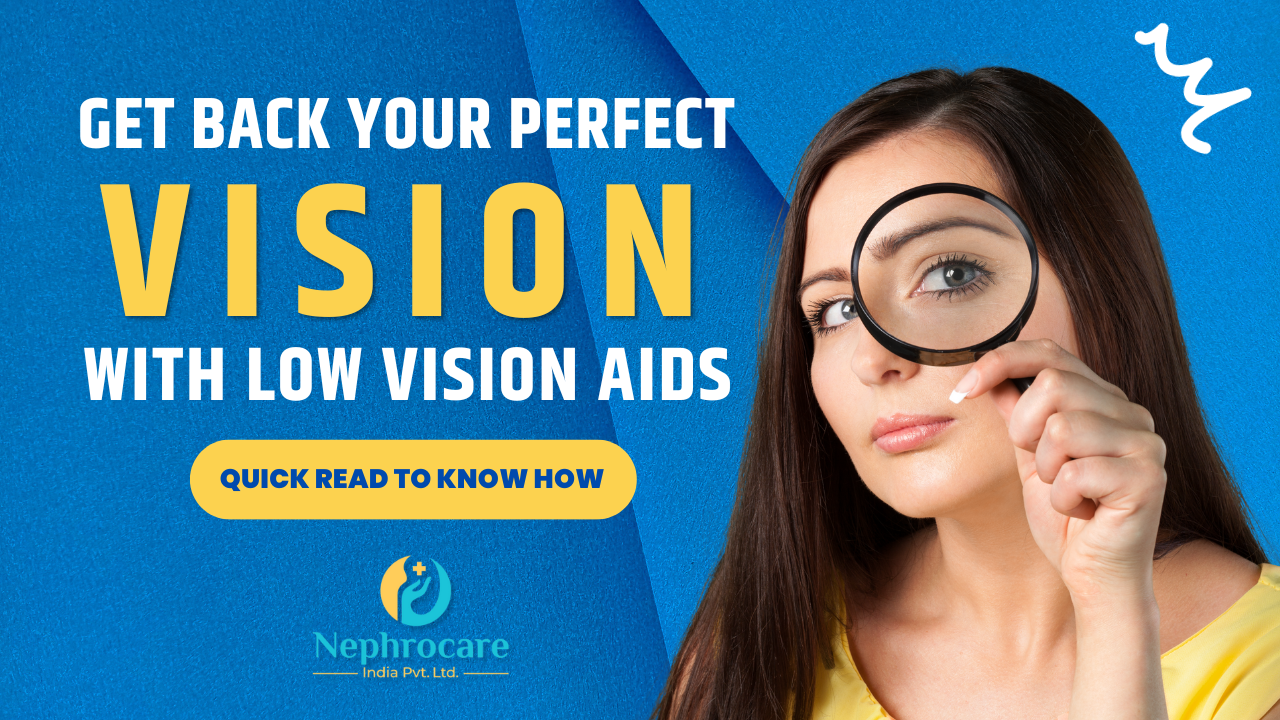
- 775
- 0
Breaking Barriers: Empowering Lives Through Low Vision Aids
Low vision is a global health concern with profound implications for individuals. Many people often overlook it, but it affects millions. It can result from systemic diseases like diabetes and hypertension, leading to reduced quality of life, increased falls, and mortality. Those with low vision are also at risk of psychological issues and decreased productivity. Raising awareness and providing access to low-vision aids are vital for enhancing their independence and well-being. This issue became deeply sensitive for a diligent, determined, and ambitious young woman, always striving to succeed in her academics and aspiring to make a difference in the world. Her life took an unexpected turn during her college days when doctors diagnosed her with a rare genetic condition that caused low vision.
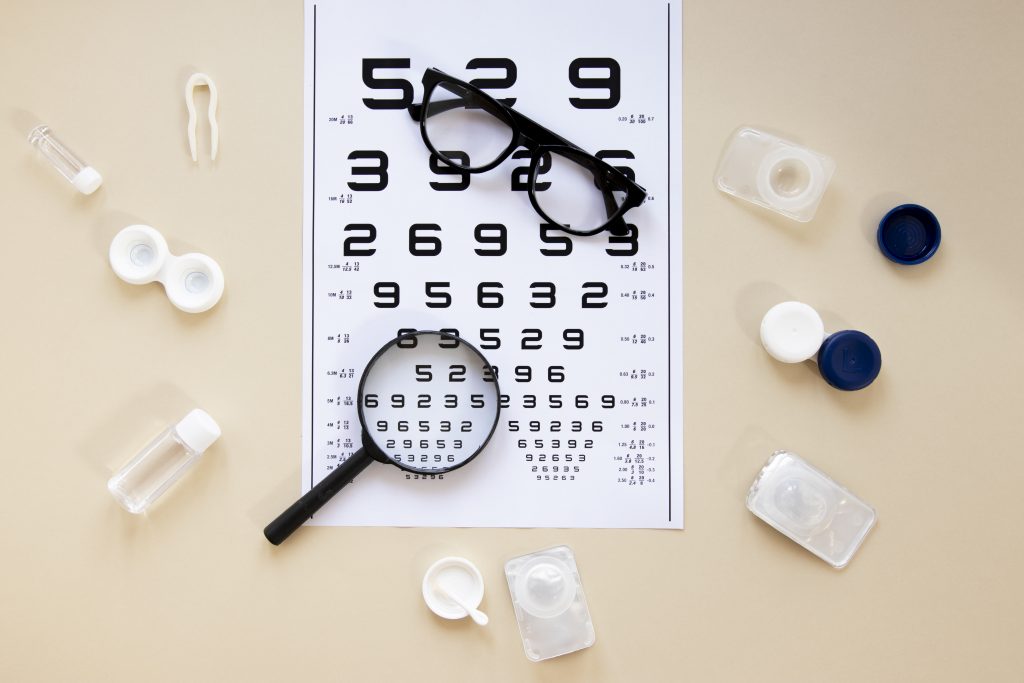
She had always been an avid reader and a passionate learner, and the thought of her vision deteriorating left her feeling anxious and vulnerable. However, she began to learn more about low vision and its associated risks, such as:
- Approximately, 89% of visually impaired people live in low and middle-income countries.
- Poor quality of life and negative health outcomes are associated with visual impairment or low vision.
- Systemic diseases like Diabetes, Hypertension, and Chronic Kidney Disease can cause severe visual loss.
- There is a direct relationship between vision impairment and having falls, sustaining fractures, and increased mortality.
- People with visual impairment are at risk of developing psychological problems, depression, and anxiety.
- Loss of productivity which directly or indirectly affects financial stability.
An ophthalmologist explained how these aids could help her to continue education and maintain her lifestyle.
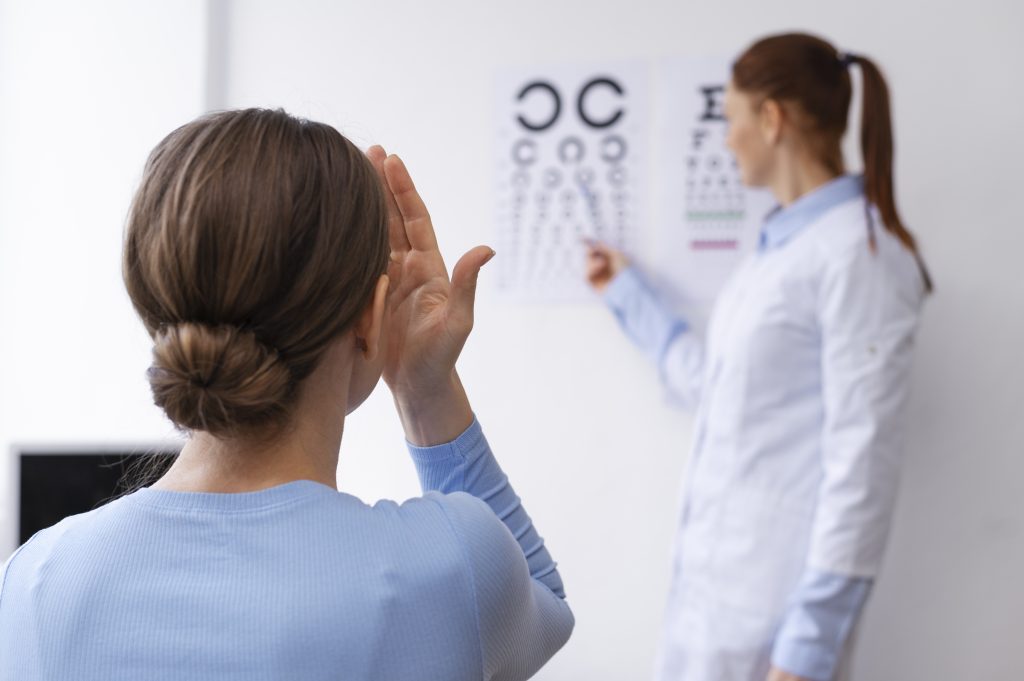
- LVA helps to see better in spite of permanent visual loss, with better clarity and increased contrast sensitivity.
- LVA substantially decreases the dependency on family members to maintain daily activities.
- Acceptance of LVA reduces the healthcare costs associated with secondary disabilities, caused by low vision.
- Increases the work-life productivity, and improves the quality of life.
Low vision aids play an integral role in vision rehabilitation.
She was fitted with specialized glasses that improved her clarity and increased her contrast sensitivity. Her journey with LVA wasn’t just about academic success; but it was also about regaining control of her life. She had initially feared the psychological toll of her condition, with the support of low vision aids, she found her confidence and optimism returning instead of falling into depression and anxiety. She became an advocate with the help of LVA.
Her story started to break down some of the barriers to accessing LVAs.
What are the Barriers to access The Low Vision Aids?
- The most common cause is the lack of awareness of the benefits, that could be gained with LVA.
- SOCIAL STIGMA has far-ranging effects on an individual. It has been linked to poor mental health, physical illness, academic underachievement, low social status, and poverty.
- Denial of the magnitude of illness. People above 60 years mostly accept low vision as a part of the aging process and feel unnecessary to adopt any measure to overcome it.
- Misconception about low vision and blindness. There is a great need to educate people about visual impairment and the purpose of vision rehabilitation.
- Rejection of LVA below the age group of 15 years is mostly due to rejection from parents due to fear of non-acceptance from society.
- Very less referrals from eye care professionals lead to the burden of blindness among people with visual impairments.
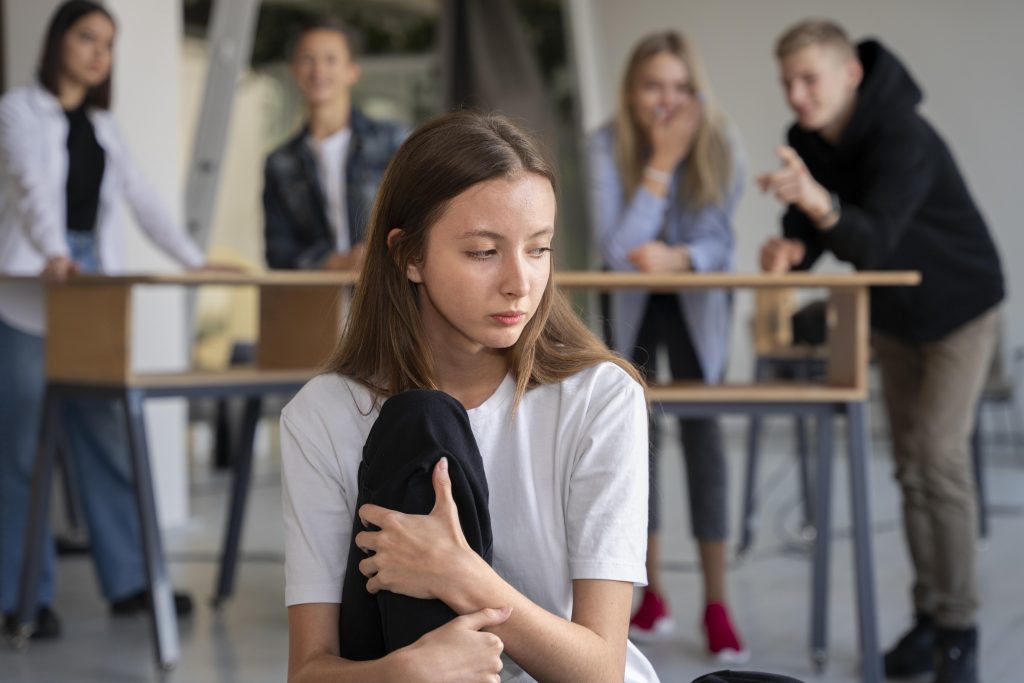
This story showed that with the right support, acceptance, and access to Low Vision Aids, individuals like this woman could continue their education, pursue their dreams, and lead fulfilling lives. She became an embodiment of the message that low vision should never be a barrier to achieving one’s goals. That awareness and acceptance were key to breaking down the barriers that stood in the way of LVA access.
IF YOU CHOOSE LVA TODAY, YOU CAN REDUCE THE BURDEN OF BLINDNESS TOMORROW
Book a consultation to Low Vision Treatment +91 8069841500. To read more on LVA
Comment
Check Your EGFR
***We Promise, no spam!


